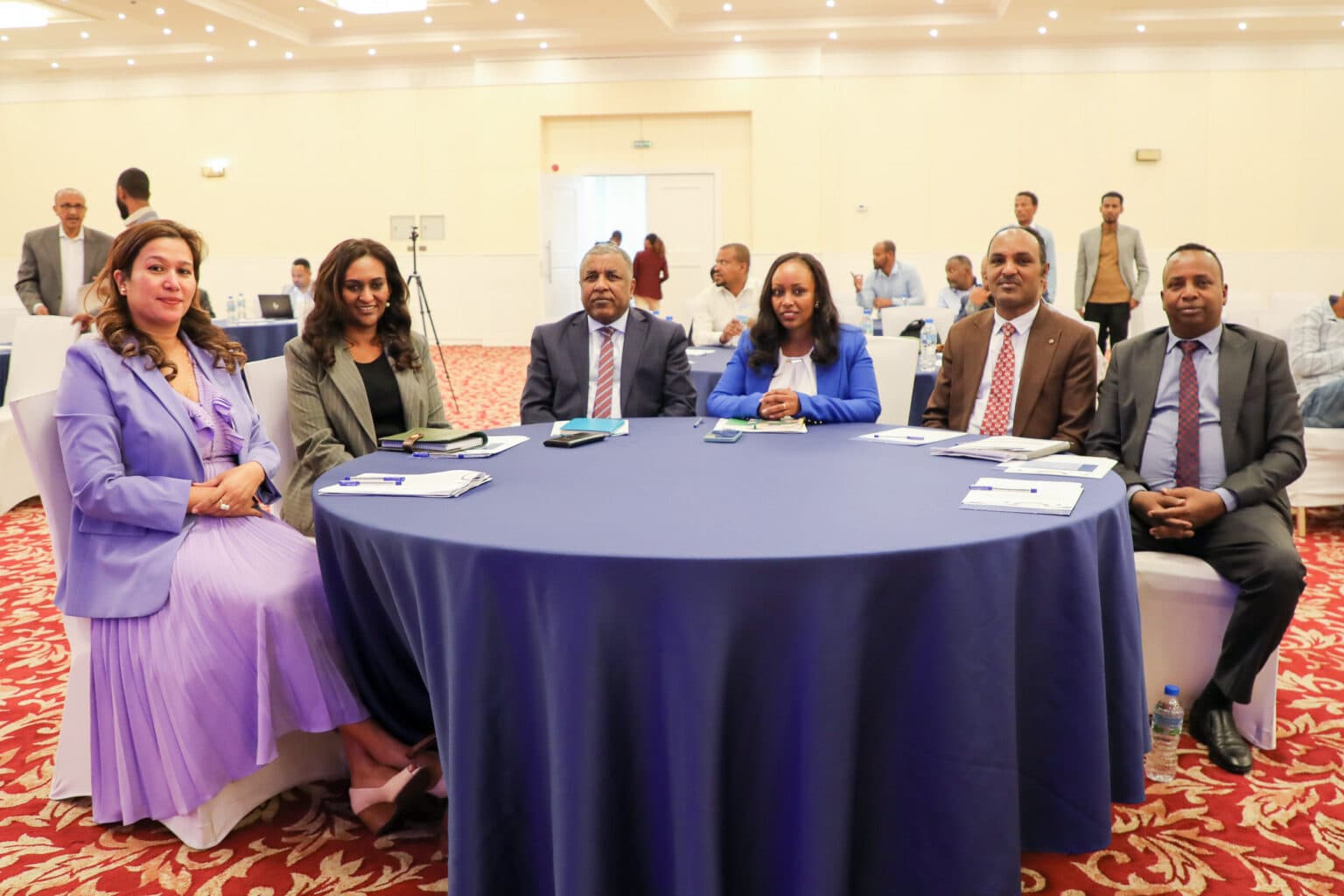In collaboration with the United Nations Development Programme (UNDP), the Ethiopian government has officially launched a comprehensive initiative to address deforestation and incorporate sustainability into the coffee industry.
Backed by additional funding from the Global Environment Facility (GEF) based in Washington D.C., the joint venture boasts a budget of $20.8 million and is scheduled to operate from 2023 to 2031, as outlined by the UNDP.
Titled “Preventing Forest Loss, Promoting Restoration, and Integrating Sustainability into Ethiopia’s Coffee Value Chains & Food Systems,” the project aims to thwart deforestation, advocate for reforestation, and extend market support to Ethiopian coffee producers.
This Ethiopian coffee endeavor is part of the larger FOLUR initiative (“Food. Land Use. Restoration.”), comprising 26 distinct country projects. Together, these projects represent substantial public and private investments focusing on expansive production landscapes for agricultural commodities like coffee, cocoa, corn, livestock, palm oil, rice, soy, and wheat, totaling billions of dollars.
Minister of Planning and Development Fitsum Assefa spearheaded the launch of the FOLUR project in Addis Ababa, Ethiopia’s capital, yesterday.
The initiative formally embraces Ethiopia’s new integrated land use policy while striving to enhance the lives of approximately 440,000 individuals. The project targets the restoration of 10,500 hectares of unproductive coffee lands and the management of 60,000 hectares of crucial forested areas.
Implemented in 22 woredas across four regions—Oromia, Sidama, Central Ethiopia, and the Southwest—the Ethiopia FOLUR project aims to tackle political, logistical, and climate-related challenges that have impacted the nation’s coffee industry in recent years. Despite these challenges, coffee remains Ethiopia’s primary source of export revenue, contributing around 30-35% to the country’s overall share, as reported in a recent study.

